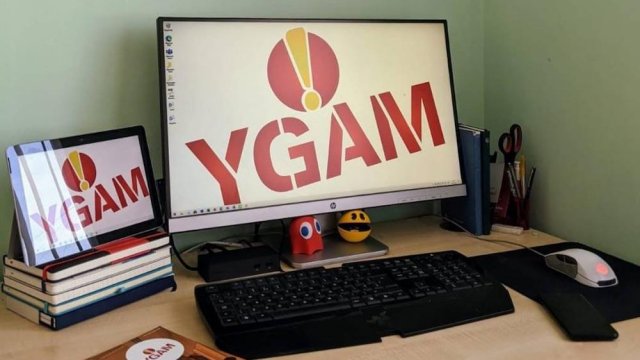|
|
 |
 |
| |
| |
| A Focus on Gambling
Education |
| |
| |
|
|
| |
The past few months have been
extremely successful for many online gambling operators. Lockdown has led to
many having to spend more time at home and seek out different forms of
entertainment and the start of the year leading to most sporting events being
cancelled. This meant that there had been no betting either, which led to
online casinos in particular becoming increasingly popular, as the
best online slot
machines and card games had become the games of choice for so
many.
This growth hadn’t been without opposition, as there were
many attempts to prevent the huge surge of players. The first had been the
change that banned online credit card gambling for those most at risk and to
limit their participation options, along with other methods such as Gamstop
being doubled down on as more authority has been granted to the initiative
recently. This goes alongside other changes that occurred throughout the
lockdown period, as there had been temporary restrictions on advertising for
both TV and radio with other countries placing a temporary ban on online
gambling. |
| |
 |
| (Image from coinslot.co.uk) |
| |
The start of May had also seen the
introduction of a new programme aimed at increasing both education and support
in gambling for the UK – with record numbers starting to creep up for
younger players and the increasing access through our mobile devices. It has
been suggested that there is a current pandemic of younger players gambling on
a more regular basis.
A £10m national gambling education had been announced by
GamCare and YGAM aimed at ensuring all 11-19 across the country have access to
resources for gambling awareness education with the Betting and Gaming Council
also providing independent funding. The movement has some big aspirations with
part of the goal to ensure that this education can make its way into secondary
and further education. This is to ensure those who may be most at risk are able
to learn about the risks of online gambling during their informative years.
There had also been increased focus on delivering this education
particularly during the COVID-19 pandemic, where there have been fears younger
players may be most at risk through both the school holidays and the limited
options for going out. The delivery of high quality materials, particularly
delivered through video and digital content has also started to be seen on
popular platforms, such as Twitch and YouTube as big names in both spaces have
took to being part of this digital drive in delivering the message that there
are risks to online gambling if not measured.
It will take some time to
discover the effectiveness of this approach and if any success is found it will
surely be doubled down on to ensure that similar results can continue to be
delivered. But with more services appearing that allow players to participate
without much restriction it may get harder to reach those most at risk.
There’s certainly a balancing act to be played for delivery and with a
return to normal seeming on its way, opportunities may slowly start to
decline. |
| |
 |
| |
 |
| |
|
|
|
 |
|